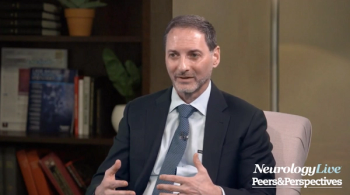
Videos

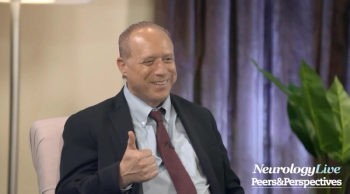
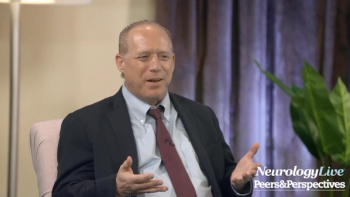
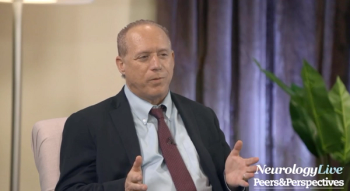
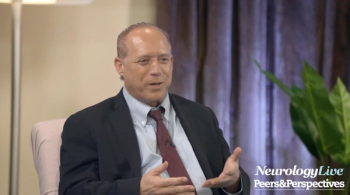
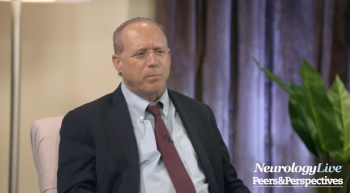
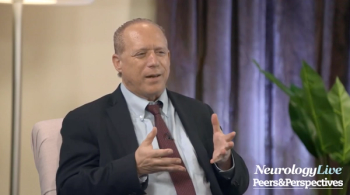
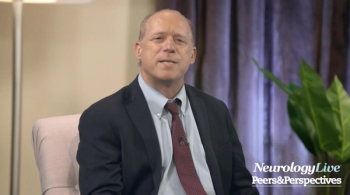
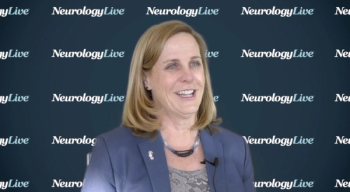
The president of the American Epilepsy Society and director of epilepsy research at Brigham and Women’s Hospital outlined the state of epilepsy care and what we can expect in 2020.
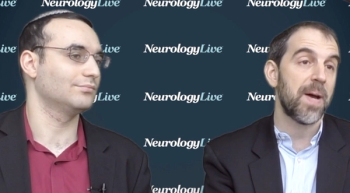
The director of the Pediatric Epilepsy Program is joined by an MD candidate from Weill Cornell Medicine to discuss the protocol used to treat patients with status epilepticus.
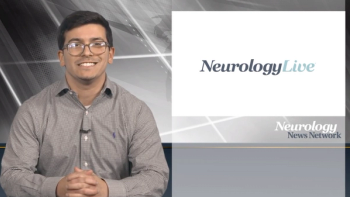
Neurology News Network for the week ending January 27, 2020.
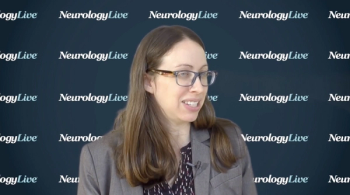
The epilepsy fellow at the hospital of the University of Pennsylvania detailed why locating the seizure onset zone plays a crucial role in successful epilepsy surgery.
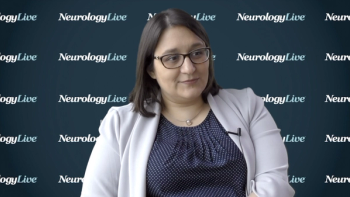
The associate professor of neurology and director of the Women With Epilepsy Program at Northwestern University Feinberg School of Medicine detailed the ongoing questions about assessing the gaps in breastfeeding between women with, and without, epilepsy.

The associate professor of neurology and director of the Women With Epilepsy Program at Northwestern University Feinberg School of Medicine spoke about the findings of the MONEAD study and their implications for women with epilepsy.
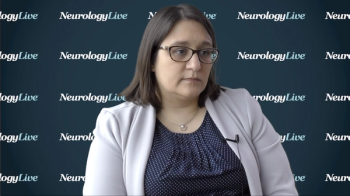
The associate professor of neurology and director of the Women With Epilepsy Program at Northwestern University Feinberg School of Medicine spoke about the need for consistency in the messaging conveyed to women with epilepsy who are having children.
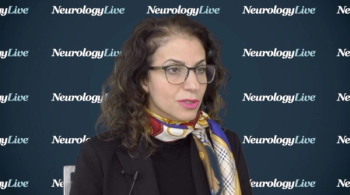
The professor of neurology and epilepsy specialist at the Cleveland Clinic Lerner College of Medicine explains the decision-making process surrounding epilepsy surgery.
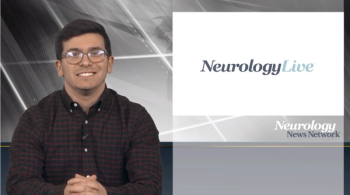
Neurology News Network for the week ending January 18, 2020.
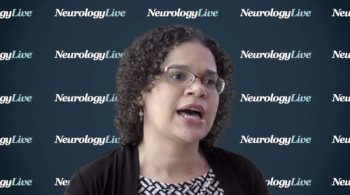
The assistant professor of neurology at the University of Wisconsin detailed the importance of transition clinics for pediatric patients with epilepsy.

The associate professor of neurology and director of the Women With Epilepsy Program at Northwestern University Feinberg School of Medicine discussed the rates of breastfeeding among women with epilepsy.
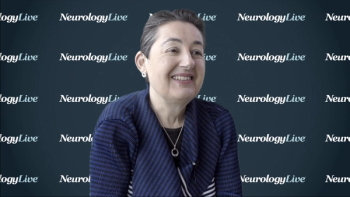
The professor of neurology at NYU Langone Medical Center discussed the importance of these safety data for intranasal diazepam, and why future comparative data would be essential.
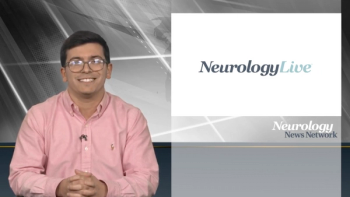
Neurology News Network for the week ending January 11, 2020.
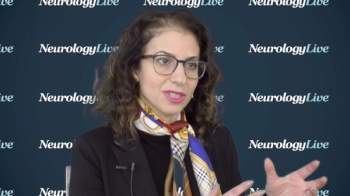
The professor of neurology and epilepsy specialist at the Cleveland Clinic Lerner College of Medicine discussed the research on seizure freedom scores and their influence on individualized clinical care.
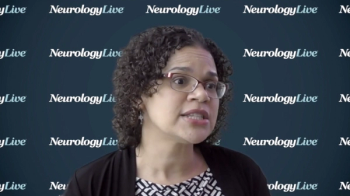
The assistant professor of neurology at the University of Wisconsin provided insight on the additional oversight required when caring for adult epilepsy patients who remain on the ketogenic diet.
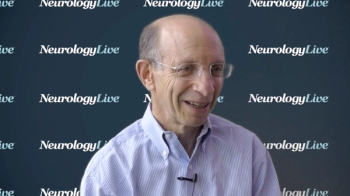
The professor of neurology and executive vice chancellor and provost at the University of California, San Francisco detailed the connection between the gut microbiome and epilepsy.
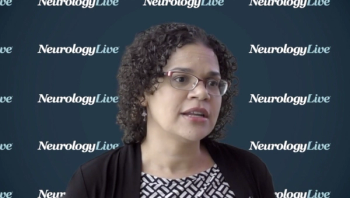
The assistant professor of neurology at the University of Wisconsin discussed the challenges of transitioning patients on the ketogenic diet from pediatric to adult epilepsy care.
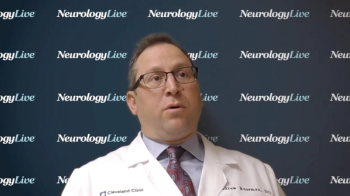
The medical director of the Comprehensive Stroke Center at Cleveland Clinic provided an in-depth look at the problems surrounding access to care, including those that limit the application of telemedicine.
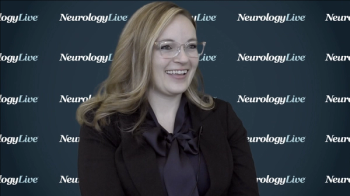
Despite showing great promise to provide additional and supplementary care to patients with a number of conditions, including epilepsy, some barriers remain to bringing telemedicine to more providers and patients.
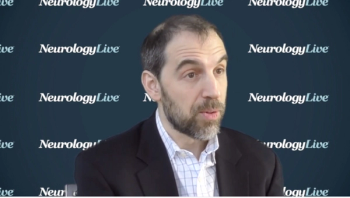
The director of the Pediatric Epilepsy Program at Weill Cornell Medicine detailed ways to utilize quality measures to improve implementation of in patients with infantile spasms.
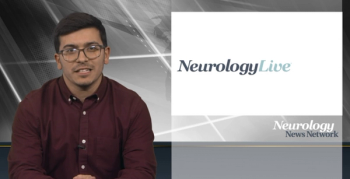
Neurology News Network for the week ending January 4, 2020.

The director of the Pediatric Epilepsy Program at Weill Cornell Medicine detailed the reasons behind why patients with infantile spasms do not receive recommended care.
